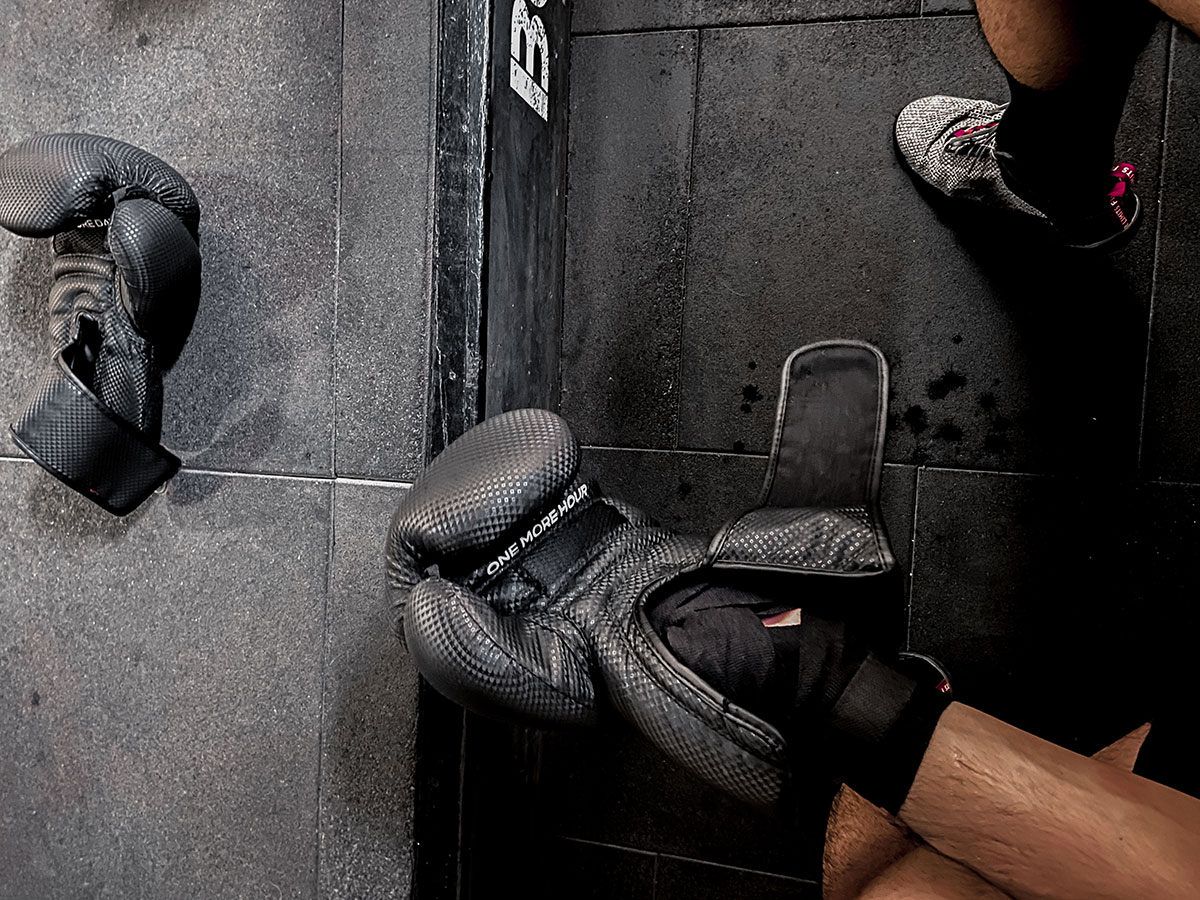“Success is the product of daily habits—not once-in-a-lifetime transformations.”
“You should be far more concerned with your current trajectory than with your current results.”
“Your outcomes are a lagging measure of your habits. Your net worth is a lagging measure of your financial habits. Your weight is a lagging measure of your eating habits. Your knowledge is a lagging measure of your learning habits. Your clutter is a lagging measure of your cleaning habits. You get what you repeat.”
“Time magnifies the margin between success and failure. It will multiply whatever you feed it. Good habits make time your ally. Bad habits make time your enemy.”
“Goals are about the results you want to achieve. Systems are about the processes that lead to those results.”
“Breakthrough moments are often the result of many previous actions, which build up the potential required to unleash a major change.”
“The purpose of setting goals is to win the game. The purpose of building systems is to continue playing the game. True long-term thinking is goal-less thinking. It’s not about any single accomplishment. It is about the cycle of endless refinement and continuous improvement.”
“Ultimately, it is your commitment to the process that will determine your progress.”
“Habits are the compound interest of self-improvement.”
“Getting 1 percent better every day counts for a lot in the long-run.”
“Habits are a double-edged sword. They can work for you or against you, which is why understanding the details is essential.”
“Small changes often appear to make no difference until you cross a critical threshold. The most powerful outcomes of any compounding process are delayed. You need to be patient.”
“If you want better results, then forget about setting goals. Focus on your system instead.”
“You do not rise to the level of your goals. You fall to the level of your systems.”
“Changing our habits is challenging for two reasons: (1) we try to change the wrong thing and (2) we try to change our habits in the wrong way.”
“There are three layers of behavior change: a change in your outcomes, a change in your processes, or a change in your identity.”
“Outcomes are about what you get. Processes are about what you do. Identity is about what you believe.”
“With outcome-based habits, the focus is on what you want to achieve. With identity-based habits, the focus is on who you wish to become.”
“The ultimate form of intrinsic motivation is when a habit becomes part of your identity.”
“It is a simple two-step process: Decide the type of person you want to be. Prove it to yourself with small wins.”
“Ask yourself, “Who is the type of person that could get the outcome I want?”
“The most effective way to change your habits is to focus not on what you want to achieve, but on who you wish to become.”
“Your identity emerges out of your habits. Every action is a vote for the type of person you wish to become.”
“Becoming the best version of yourself requires you to continuously edit your beliefs, and to upgrade and expand your identity.”
“The real reason habits matter is not because they can get you better results (although they can do that), but because they can change your beliefs about yourself.”
“If you’re having trouble determining how to rate a particular habit, ask yourself: ‘Does this behavior help me become the type of person I wish to be? Does this habit cast a vote for or against my desired identity?’”
“Many people think they lack motivation when what they really lack is clarity.”
“Environment is the invisible hand that shapes human behavior.”
“Small changes in context can lead to large changes in behavior over time.”
“Every habit is initiated by a cue. We are more likely to notice cues that stand out.”
“Make the cues of good habits obvious in your environment.”
“Gradually, your habits become associated not with a single trigger but with the entire context surrounding the behavior. The context becomes the cue.”
“It is easier to build new habits in a new environment because you are not fighting against old cues.”
“The most effective form of learning is practice, not planning.”
“Focus on taking action, not being in motion.”
“Habit formation is the process by which a behavior becomes progressively more automatic through repetition.”
“We will naturally gravitate toward the option that requires the least amount of work.”
“Create an environment where doing the right thing is as easy as possible.”
“Reduce the friction associated with good behaviors. When friction is low, habits are easy.”
“Increase the friction associated with bad behaviors. When friction is high, habits are difficult.”
“Prime your environment to make future actions easier.”
“Decisive moments set the options available to your future self.”
“A habit must be established before it can be improved.”
“Habits can be completed in a few seconds but continue to impact your behavior for minutes or hours afterward.”
“Many habits occur at decisive moments—choices that are like a fork in the road—and either send you in the direction of a productive day or an unproductive one.”
“The Two-Minute Rule states, ‘When you start a new habit, it should take less than two minutes to do.’”
“The more you ritualize the beginning of a process, the more likely it becomes that you can slip into the state of deep focus that is required to do great things.”
“Standardize before you optimize. You can’t improve a habit that doesn’t exist.”
“Reflection and review is a process that allows you to remain conscious of your performance over time.”
“The tighter we cling to an identity, the harder it becomes to grow beyond it.”



